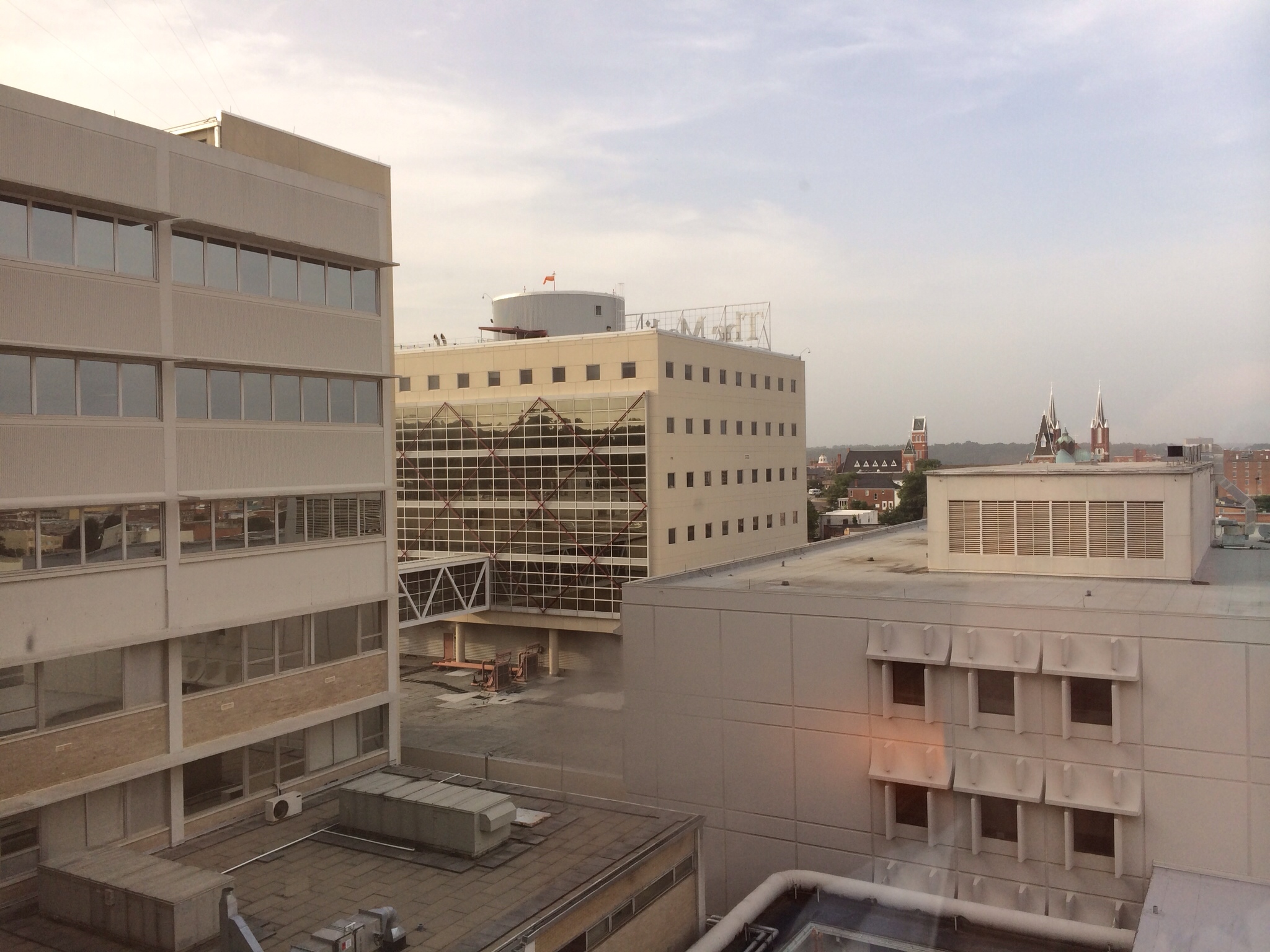About the USMLE
What is the USMLE?
In order to apply for licensure to practice medicine in the states, one must complete the United States Medical Licensing Exam, also known as the USMLE. The USMLE is not one exam, but several, taken as a series of exams over the course of med school and residency. There are four exams, divided into three “steps.” They are:
- USMLE Step 1 – This exam tests your knowledge on the basic science behind disease and treatment. It is typically taken after finishing Basic Sciences and before starting Clinical Rotation, between second and third year of med school. It consist of seven 1-hour blocks of up to 40 multiple-choice questions each.With an hour set aside for breaks between blocks, you are given a total of 8 hours to complete all 7 blocks. You take the exam at any Prometric Center. As of 2016, the exam costs $880 per ECFMG, and the minimum passing score is 192.
- USMLE Step 2 CS – This exam tests your clinical skills with patients, hence the “CS” in the name of the exam, which stands for “Clinical Skills.”It is typically taken during fourth year of medical school, and must be taken before the Match. This is the only USMLE exam where you encounter real people who act like patients. You see 12 patients total during the 8 hour exam, conduct a history and physical exam, and write up an assessment on the computer after seeing each patient. You are graded on how well and how efficient you gather data from the patient, how well your bedside manners are, and how proficient your English is. You are scored pass or fail. The exam is administered only at 5 different special testing centers in the United States: Atlanta, Chicago, Houston, Los Angeles, Philadelphia. As of 2016, the test costs $1535 per ECFMG.
- USMLE Step 2 CK – This exam tests your knowledge of diagnosis of diseases, hence the “CK” stands for “clinical knowledge.” It is typically taken during fourth year of medical school, and must be taken before the Match. It consists of eight 1-hour blocks of up to 44 multiple-choice questions each. With an hour set aside for breaks between blocks, you are given a total of nine hours to complete all 8 blocks. You take the exam at any Prometric Center. As of 2016, the test costs $880 per ECFMG, and the minimum passing score is 209.
- USMLE Step 3 – This exam tests your knowledge of management of diseases, biostatistics, interpretation of medical literature, and medical ethics. It is typically taken during residency, after which one is eligible to apply for full licensure to practice medicine in the US. Step 3 is by far the longest of the USMLE exams, requiring 16 hours total, split between 2 days. The first day consists of six 1-hour blocks of up to 40 multiple choice questions. With an hour set aside for breaks between blocks, you are given a total of seven hours to complete all six blocks. The second day starts off with six 45-minute blocks of 30 multiple-choice questions each. This is then followed by 13 computer-based case simulations (CCS), each lasting 10 or 20 minutes. With allotted break time, you are given nine hours to complete the second day of testing. You take the exam at any Prometric Center, and the two days of exam can be scheduled up to 14 days apart, or taken consecutively. As of 2016, the test costs $830, and the minimum passing score is 196.
How important is the USMLE?
Super important. They are probably the most important exams you will ever take in your medical career. It is critical that you not only pass all your exams on the first try, but also to do well in them. During the Match, your performance on the USMLE is the greatest factor that residency programs look at in your application. Remember, every year, residency programs can receive several thousand applications for just a few positions. For example, if a program receives 2000 applications, the program director will not likely have the time to read through all 2000 personal essays or all 6000 letters of recommendations. That would not be practical for anyone. Instead, the easiest way for a program director to narrow down the number of applications to read is by filtering out applicants who make below certain scores, or who have failures. You don’t want to be part of that group that gets filtered out. Some people apply to residency year after year without matching because of a red flag like having a failure on one of the USMLE exams. Without residency, you cannot practice medicine, even if you have an MD. Because of this, it is extremely important that you do well on these exams.
How to study for the USMLE?
Check out my posts about Step 1, Step 2 CS, Step 2 CK, and Step 3 (coming soon).
Best of luck everyone!














Hi Benji, I’ve been reading your blog for a little now and thanks for all the info and congrats on everything! I hope you can read this message and give me some advise. I’m finishing up my last year as a med student (from another Carribean school) and hope to apply this year for match 2017. But I have a couple ‘red flags’ (Step 1 failed once and passed with minimal passing score on 2nd try and I had a couple long term time off’s from school) and I was wondering what are your thoughts on my chances of matching FM (or matching at all!) Do you know anybody that had Step 1 fail that got in to residencies? Just wanted your opionins, Thanks!
http://www.mykittykatz.com/spotlight-interview-a-family-medicine-resident-who-failed-step-1/
Hi dr. Ho! Thank you for sharing your experiences!
Hi Dr. Benji. Thank you for all the posts. I am a non-US international medical student and am interested in pursuing a career in US. However, I scored poorly in step 1 (<205). I'm interested in Internal medicine..but with such low score, a lot of people told me to forget about proceeding. I'm kinda on the fence as the financial factor is a huge deterrent..and with such low score, everything would be harder (electives, etc.)
What would you suggest? Thanks!
Hi Mimi, I would not give up. You’ve come this far. You still have Step 2 and Step 3 to prove your worth. Ace those, and it may make up for a low USMLE Step 1 score.
Benji
Hi Benji! Love your blog, just wanted to say that you should update your Caribbean medical school rankings. Medical University of the Americas received California accreditation and is now a tier 1 school. I’m only saying this because I know many people come to your blog for advice before going into Caribbean Medical schools, so it is important to keep your information up-to-date! 🙂
https://www.mua.edu/discover-mua/key-accreditations
Thanks for the update. I have updated the list. Congrats to MUA!